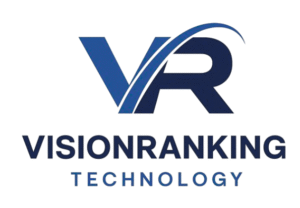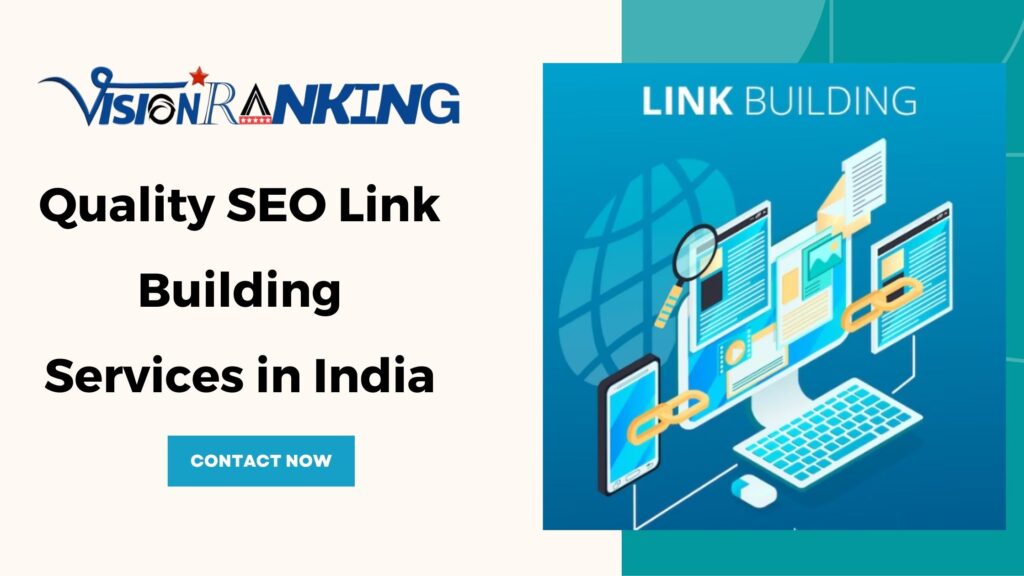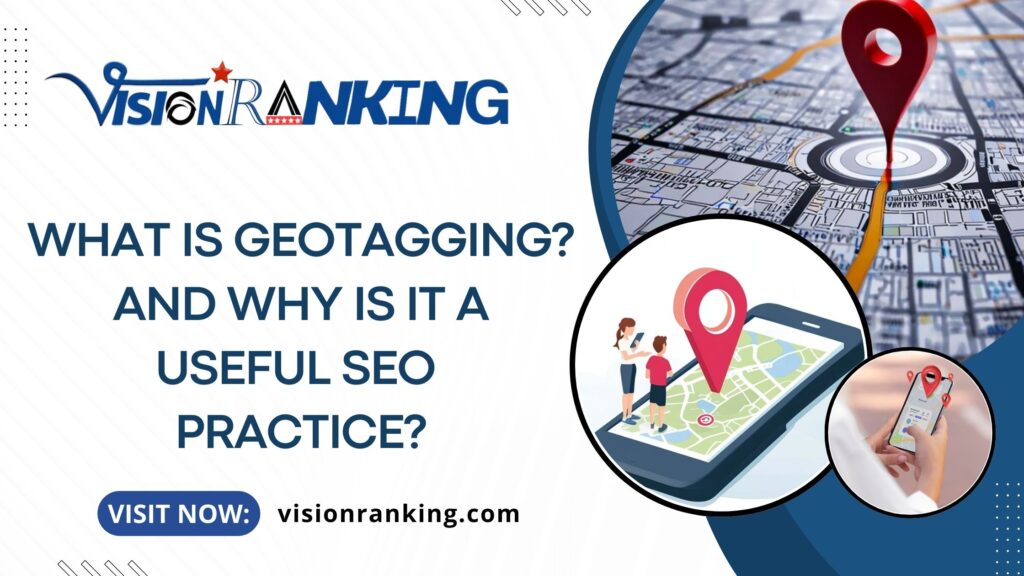Outsource Link Building the Smart & Safe Way
In today’s ever-evolving world of SEO, link building still reigns as one of the most powerful strategies to boost a website’s visibility, domain authority, and organic traffic. But with Google’s strict algorithm updates and increasing penalties for spammy practices, businesses must ask: How do you build backlinks without crossing the line? The answer lies in outsourcing link building the smart and safe way—a strategy rooted in white-hat SEO techniques, ethical outreach, and sustainable results. In this comprehensive guide, we’ll walk you through everything you need to know to outsource your link building efforts successfully and responsibly. 1. What Is Link Building and Why Does It Matter? Link building refers to the process of acquiring hyperlinks from other websites that point back to your own. These backlinks act as votes of confidence, signaling to search engines that your content is trustworthy and authoritative. Why it matters: But not all links are created equal. Quality always trumps quantity—especially in Google’s eyes. 2. The Dangers of Black-Hat Link Building Many businesses fall into the trap of black-hat SEO tactics, hoping for quick wins. These methods include buying backlinks in bulk, link farms, automated link schemes, and hidden links. While these might deliver short-term boosts, they almost always backfire. Risks include: Avoiding these pitfalls is the first step toward smart and safe outsourcing. 3. What Is White-Hat Link Building? White-hat link building involves ethical, Google-approved strategies that focus on providing value, earning links naturally, and building genuine relationships with other websites. Some examples include: When outsourcing, these are the only strategies you should be investing in. 4. Why Outsource Link Building? Building links internally can be time-consuming and resource-intensive. Outsourcing to specialized SEO agencies or freelancers brings several advantages: But outsourcing doesn’t mean giving up control—it means getting better results faster with the right partner. 5. How to Choose a Trustworthy Link Building Provider Not all link-building services are created equal. Some still engage in shady practices, even if they claim to be white-hat. Here’s how to vet a provider: A good agency will prioritize content-driven link building and outreach over shortcuts. 6. Essential Elements of a Smart Link Building Campaign To outsource link building the smart way, ensure your strategy includes: These elements are essential to avoid penalties and build long-term equity. 7. Link Types That Deliver Value (And Those That Don’t) Good link types to target: Link types to avoid: Always aim for natural, relevant, and editorially-earned links. 8. Measuring the Success of Your Link Building Efforts When outsourcing, tracking performance is crucial. Monitor these key metrics: Use tools like Ahrefs, SEMrush, and Google Search Console to evaluate the impact of your campaign. 9. Common Mistakes to Avoid When Outsourcing To ensure your outsourced efforts stay safe and smart, avoid these common errors: Success lies in communication, clarity, and quality assurance. 10. Tools That Help You Manage Outsourced Link Building Whether you manage a small campaign or a large one, several tools can keep things organized and measurable: Using the right tech stack enhances efficiency and accountability. Conclusion: Safe, Sustainable Link Building Starts with the Right Partner Outsourcing link building can be a game-changer—if done with care. By focusing on white-hat techniques, working with reputable partners, and prioritizing quality over quantity, you can drive powerful SEO results without the risks.




